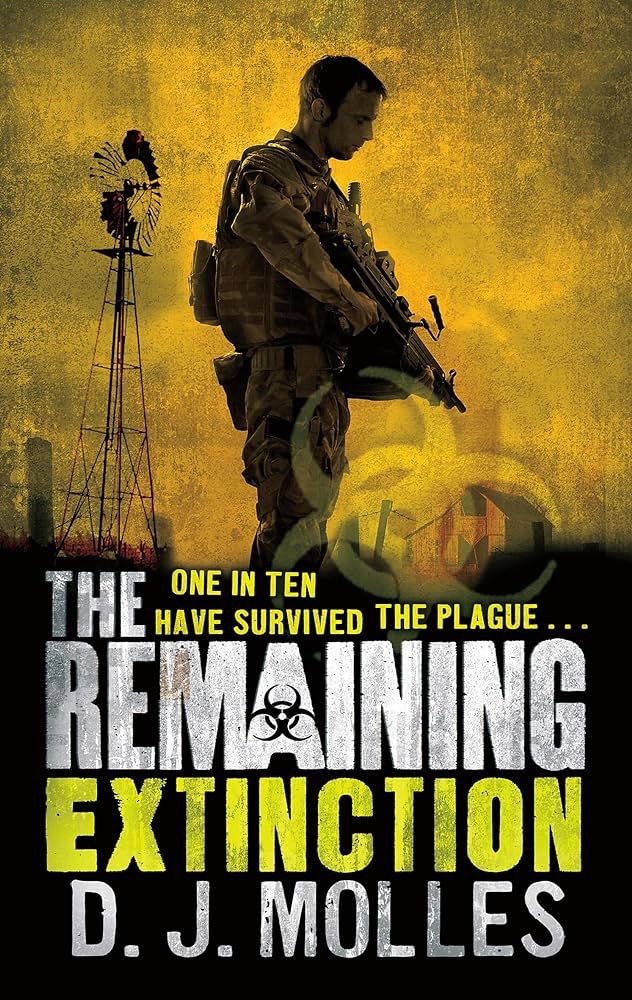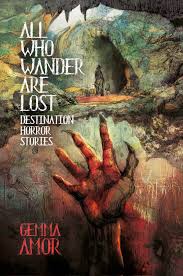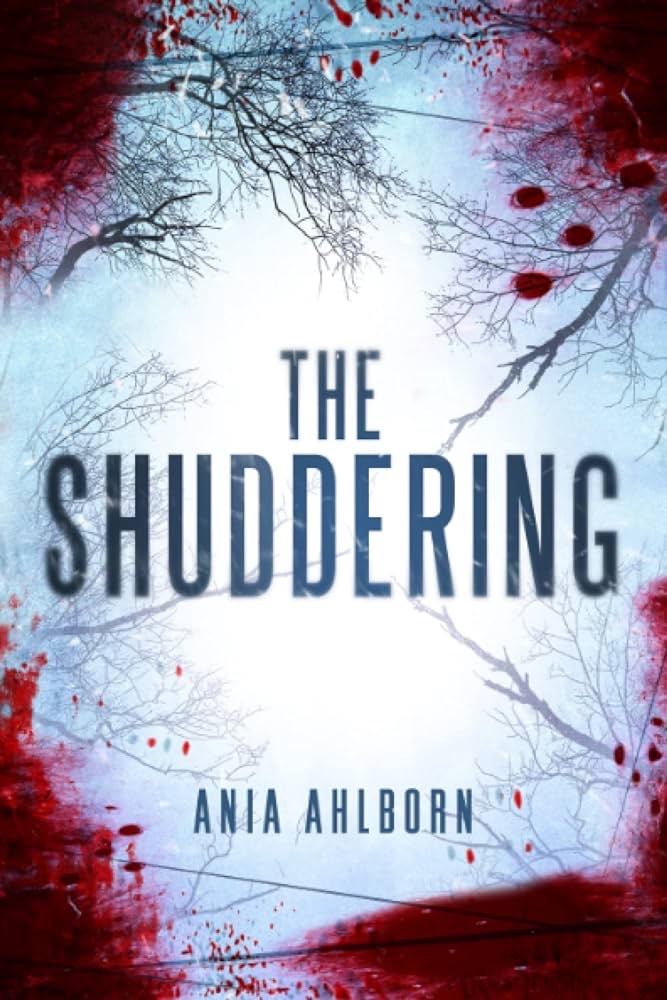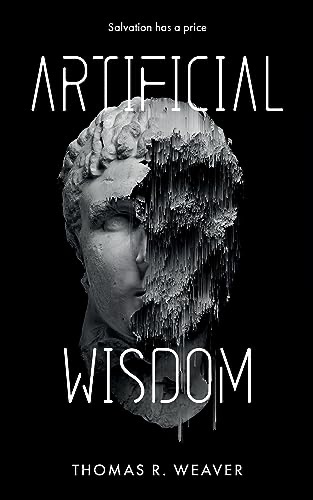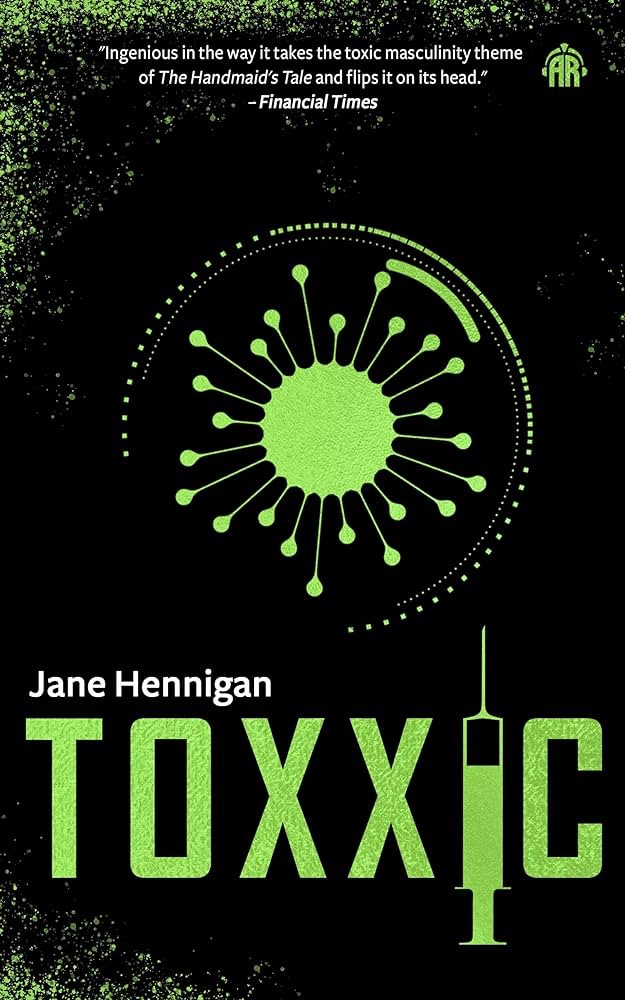
A brilliant, churning and feverish chiller, Small Town Horror is is a dark and compelling novel. As a Malfi fan, this is not one to miss. The narrative builds, accelerating, from a dreadful beginning to a terrifying conclusion full of burning secrets and drowning guilt.
Having escaped Kingsport, a small town on the Chesapeake bay, Andrew has found his place in New York. A lawyer with a career on the rise and a pregnant wife nearly at full term. The last thing he expected was a call from an old friend demanding his help. Kingsport is the last place he wants to return to. And his old friends are the last people he ever wants to see. But Dale did call and the implied threat was there; he needed Andrew’s help as his wife has gone missing.
Arriving at his childhood home, empty since the death of his father six years prior, Andrew is confronted by two things; the discombobulating familiarity of the place and the total strangeness of it all. There’s a deathly stink in the house and a squatter who turns out to be another old friend, Meach. An addict who’s lived his life in and out of institutions, Meach’s reunion with Andrew is unsettling. His speech full of dark hallucinations and terrible nightmares. But they aren’t without a basis. There’s something there surrounding Andrew and his former teenage friends, a truth that none of them have ever spoken about since that long ago night twenty years past. Meach is adamant they’ve all felt it, Dale, Eric (now the town sheriff) and Tig who’s taken over her parents bar on the wharf.
As Dale begins to unravel over his wife’s disappearance and Meach’s madness continues, Andrew just wants to escape back to New York and his wife. But something won’t let him truly leave and he’s pulled further and further into a twisted, convoluted mystery of which he is, intrinsically, part of. It’s here that the blend of horror and thriller combine perfectly. Subverting the very small town horror trope and turning it on itself, Small Town Horror plays on the dread of Andrew’s knowledge even as it ramps up the gripping thriller aspects. As the mystery deepens, the supernatural terror grows until the two entwine to produce an explosive conclusion.
It’s brilliantly handled. Deft writing that mixes Andrew’s first person perspective and narratives from the other friends, the story burns at a pace. As each layer is peeled back, more revelations are piled on until the plot explodes. A truly remarkable piece of storytelling, Small Town Horror is exactly what makes a chiller so gripping; dark, captivating and shocking all in equal measure.
It’s unsettling in so many ways, especially the reverse approach it takes to the horror trope at its heart. The dark kernel that each of the friends carry and how it’s affected them is an echo carried across time. But, none more so than Andrew, and it’s his guilt and secrecy, so painfully revealed, that speaks to the human need to worry at an issue until it becomes a comfort; the need to return, to repeat, to keep it close in the hope that it can be controlled only for it to spiral away like a firework unleashed.
Atmospheric and dreadful, compelling and dark, Small Town Horror is a twisting, chilling slice of horror as visceral as it is ghostly.
Review copy
Published by Titan Books
